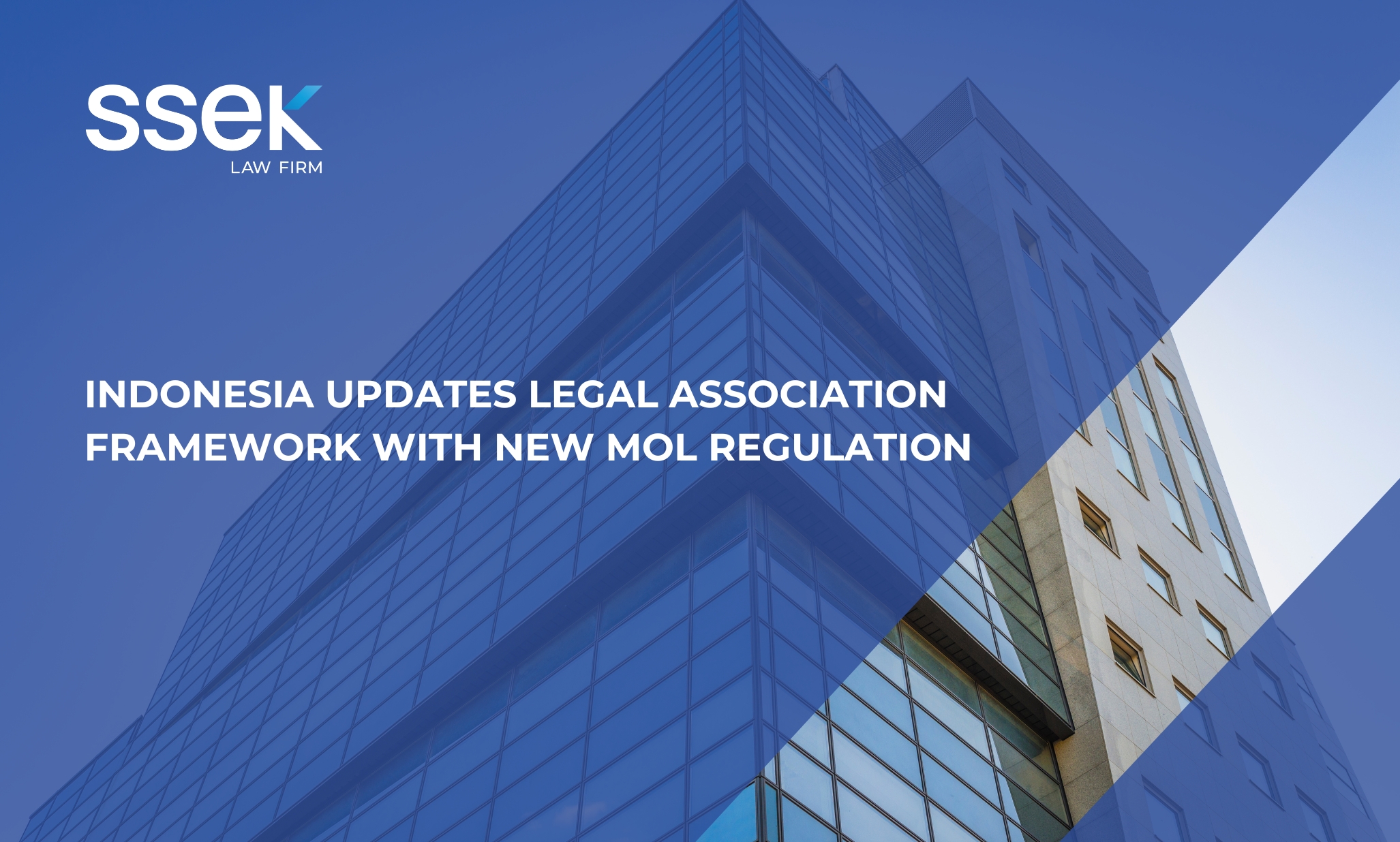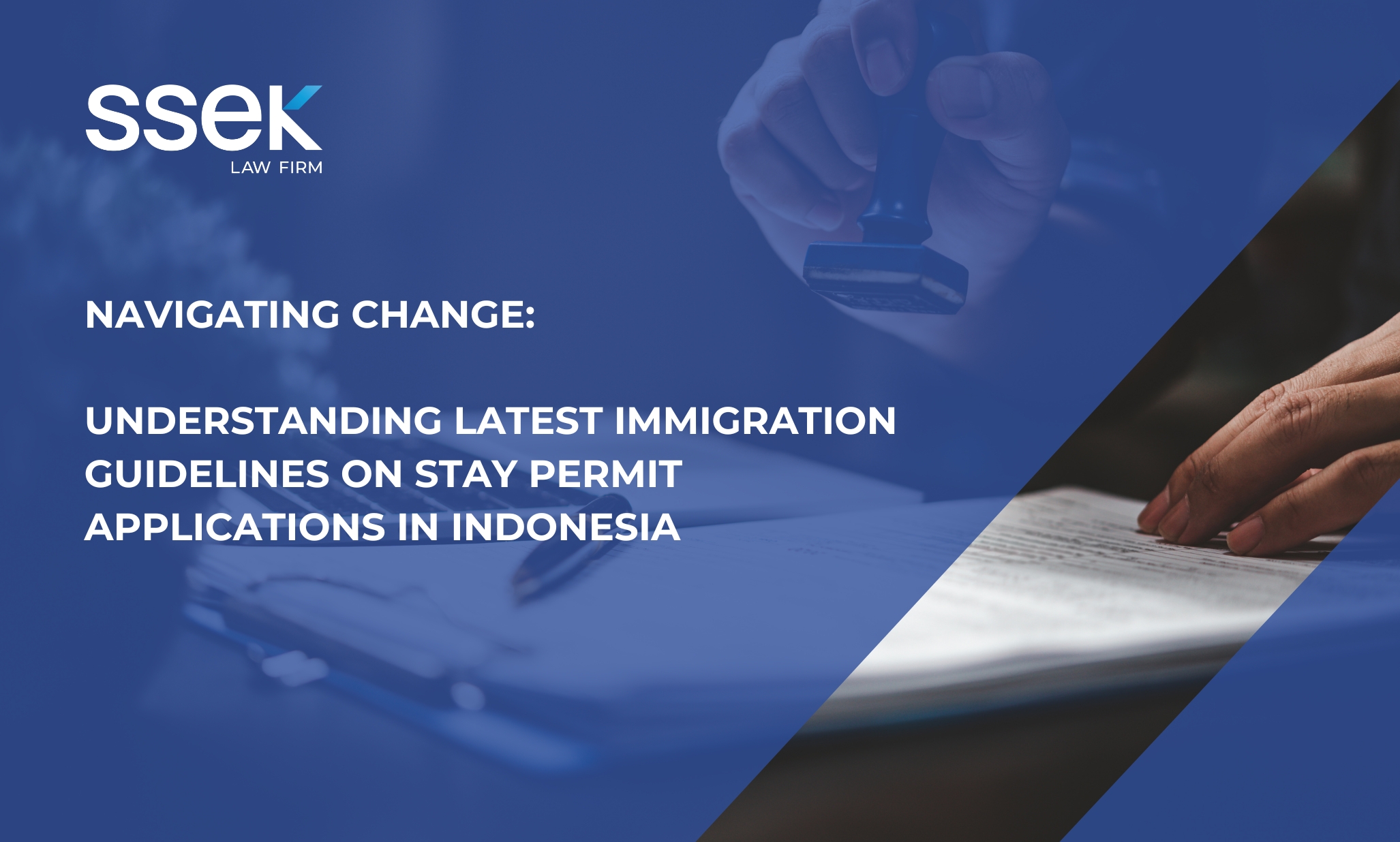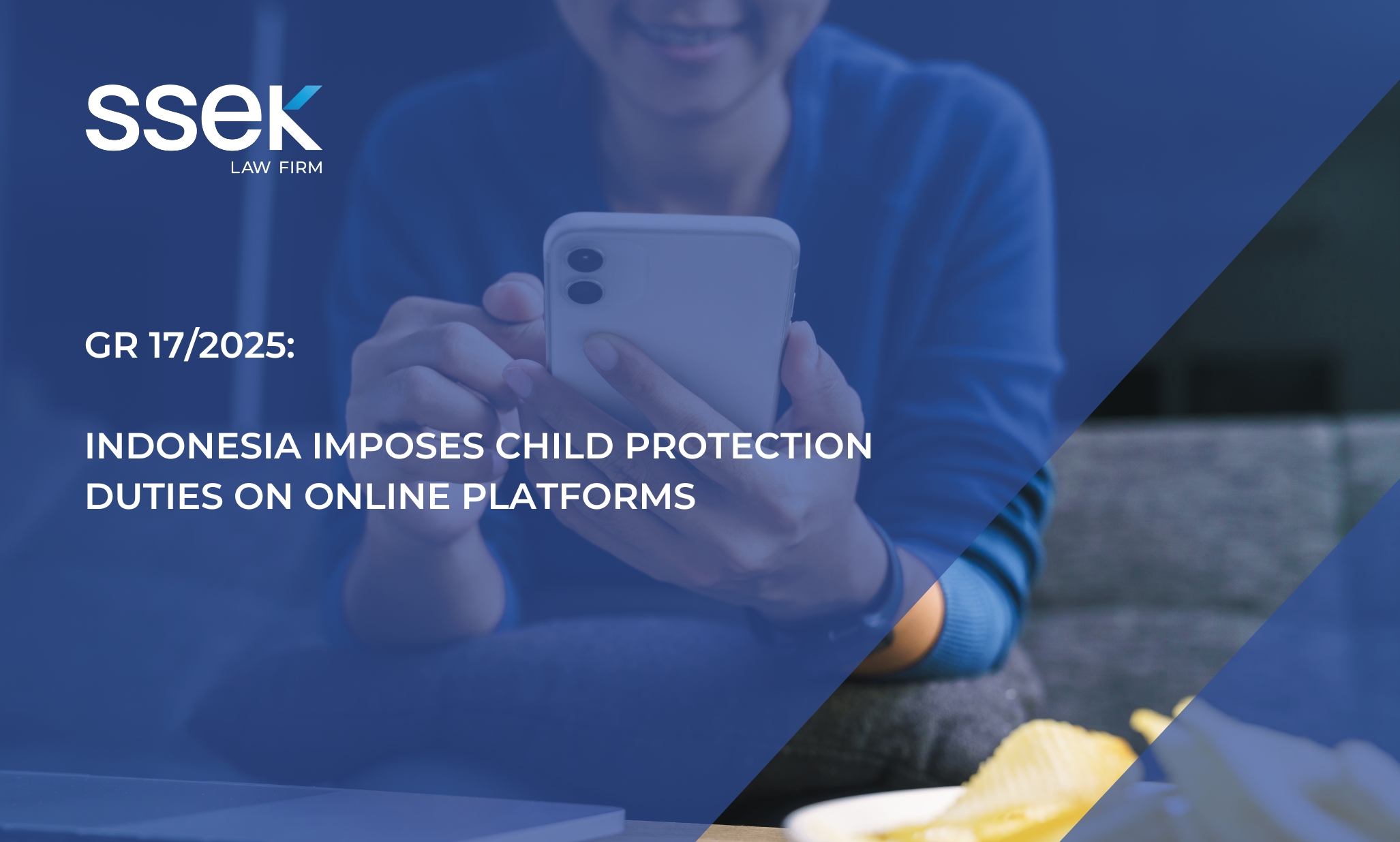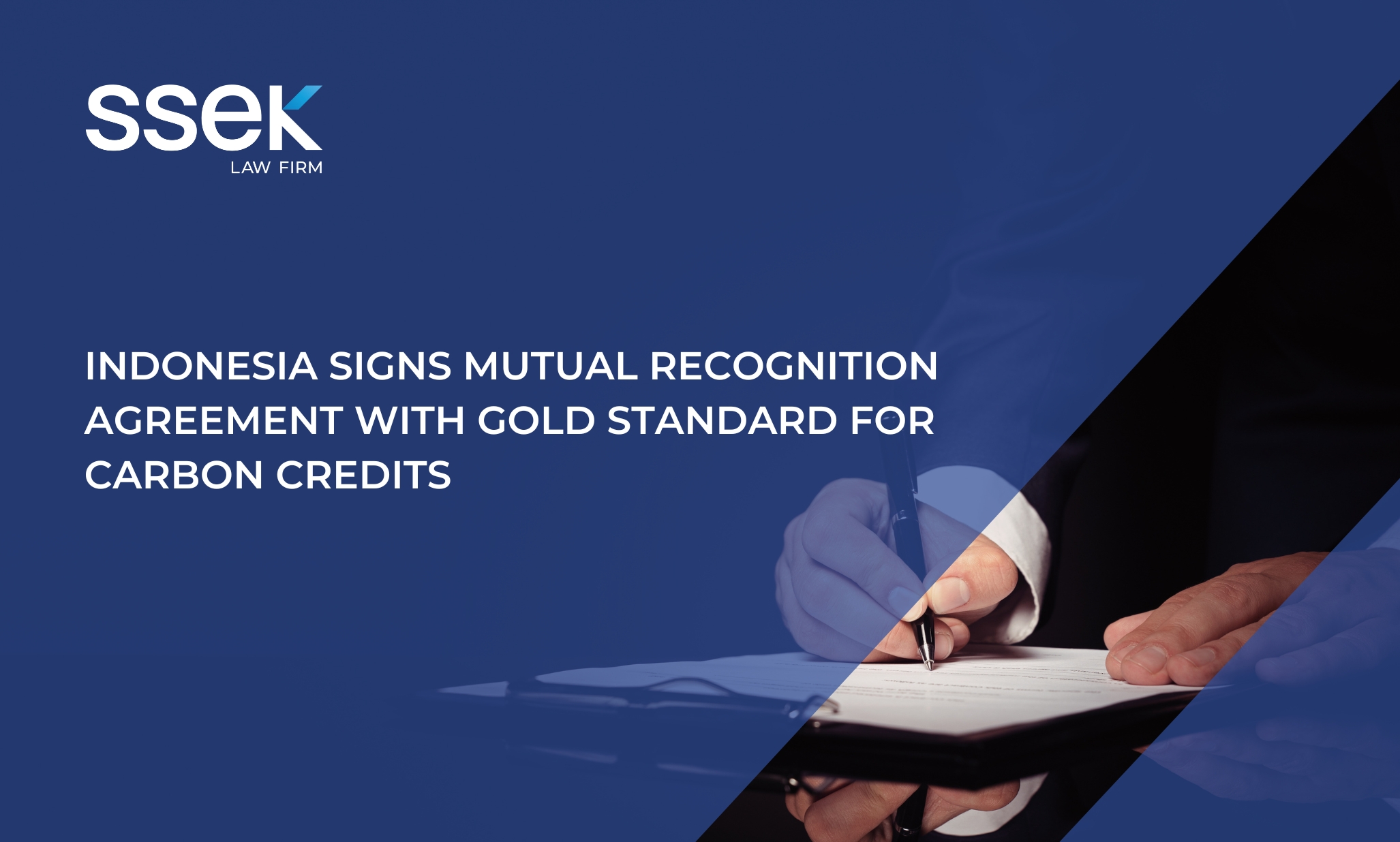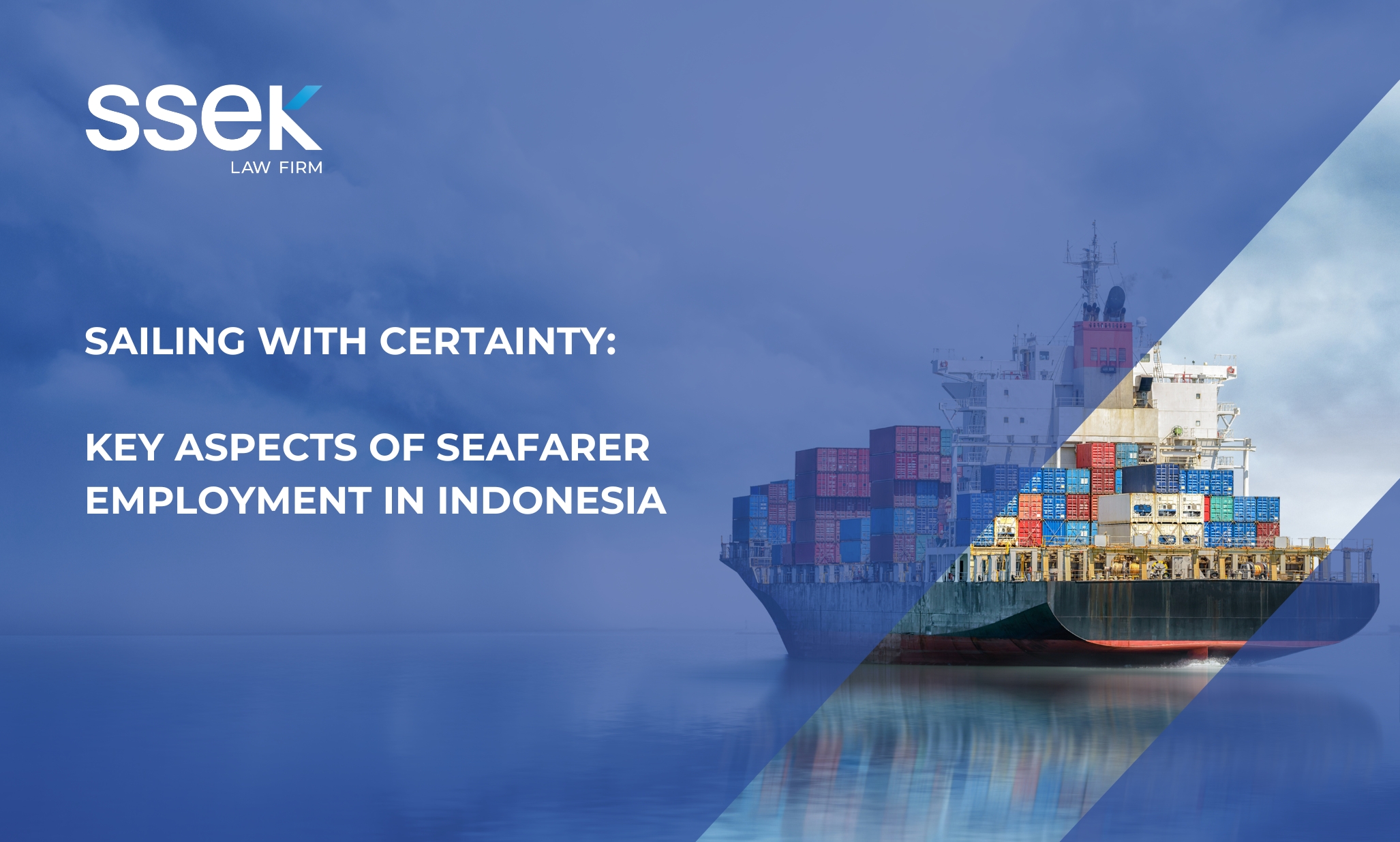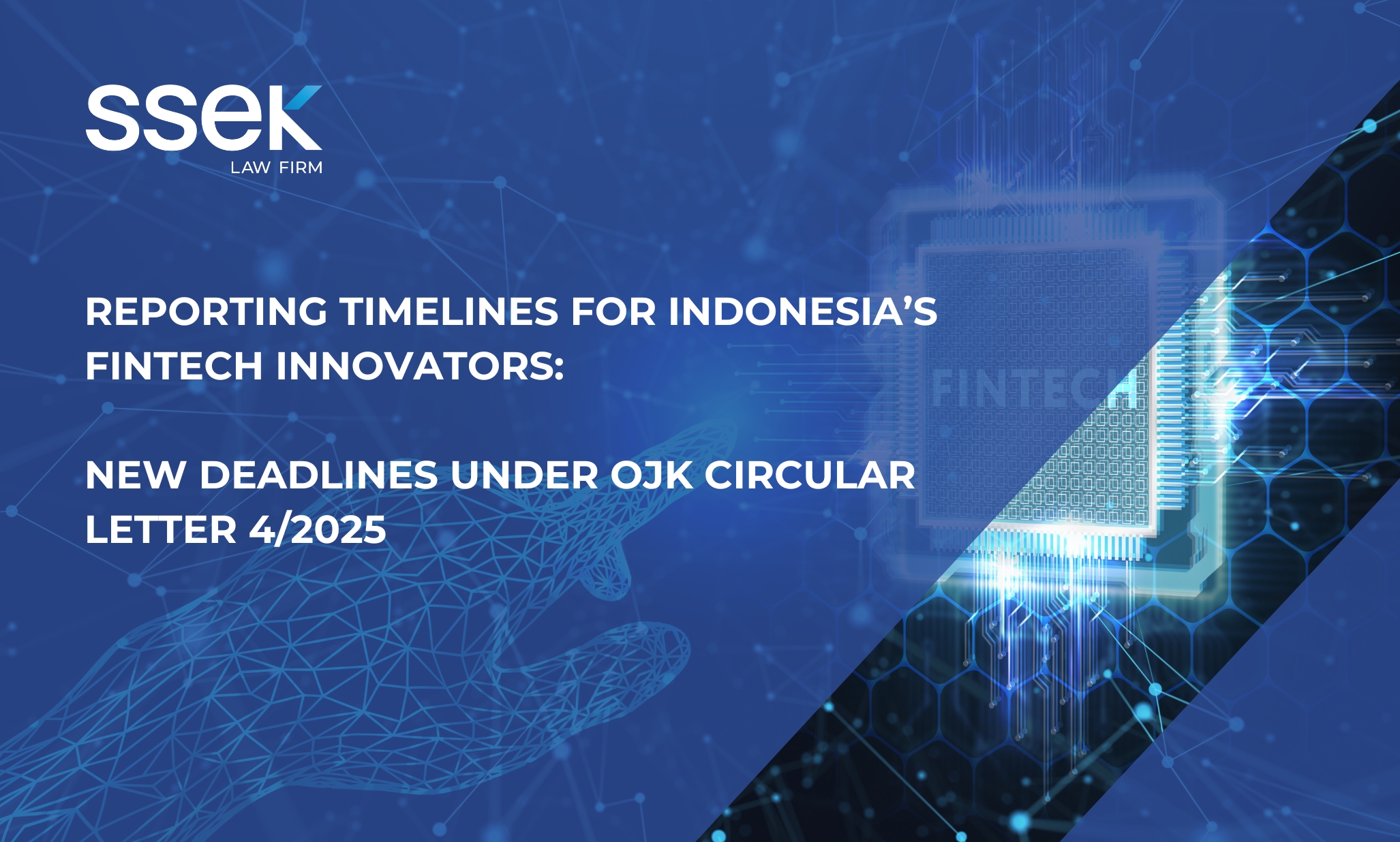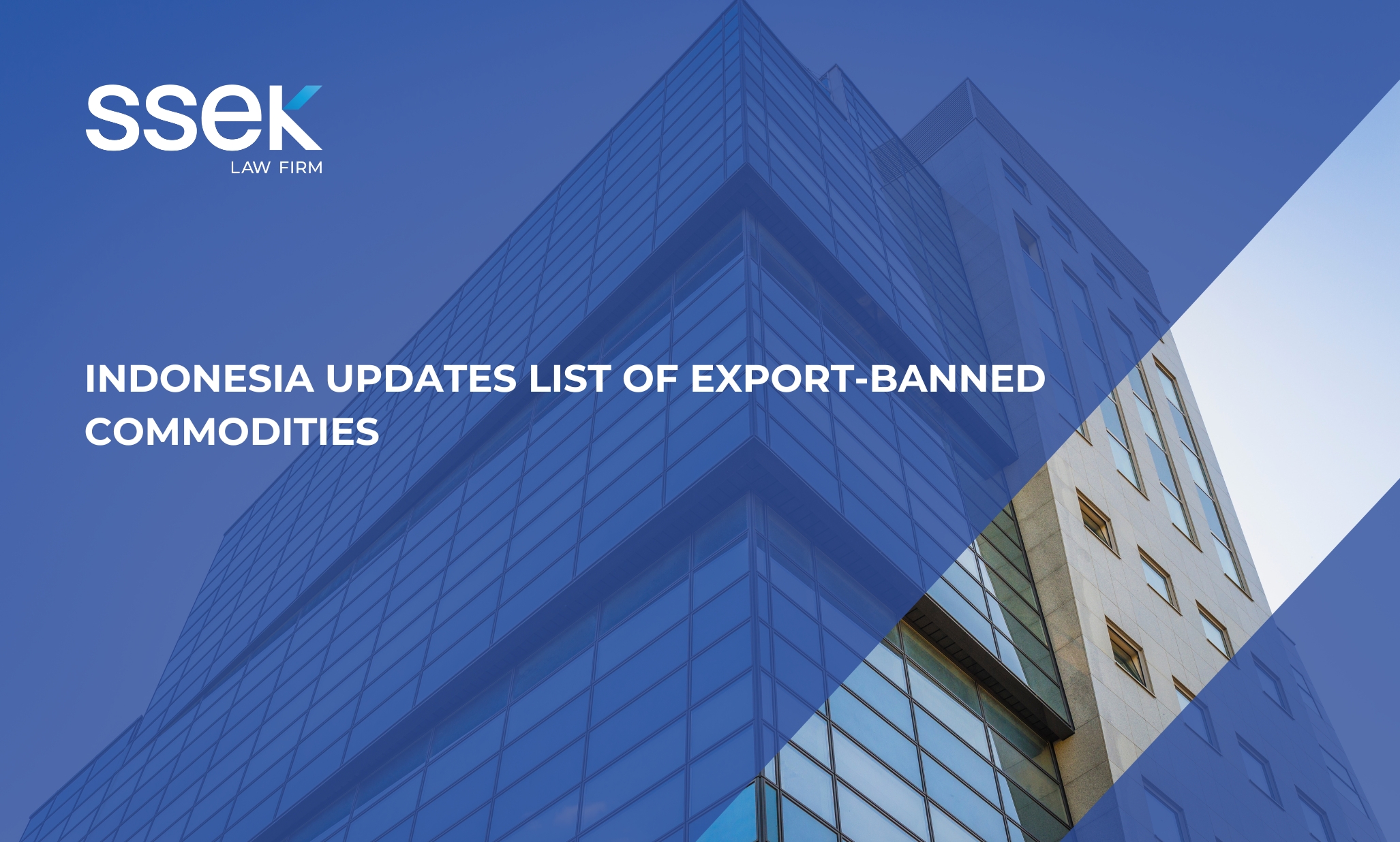Legal Shift in Indonesian Immigration: New Visa Classifications Take Effect

Effective June 2, 2025, Indonesia has overhauled its visa framework through Minister of Immigration and Corrections (“MOIC”) Decree No. M.IP-08.GR.01.01 of 2025 concerning Visa Classification (“New Decree”). This New Decree amends the earlier classification under Minister of Law and Human Rights (“MOLHR”) Regulation No. 22 of 2023 concerning Visas and Stay Permits, as amended by … Legal Shift in Indonesian Immigration: New Visa Classifications Take Effect


